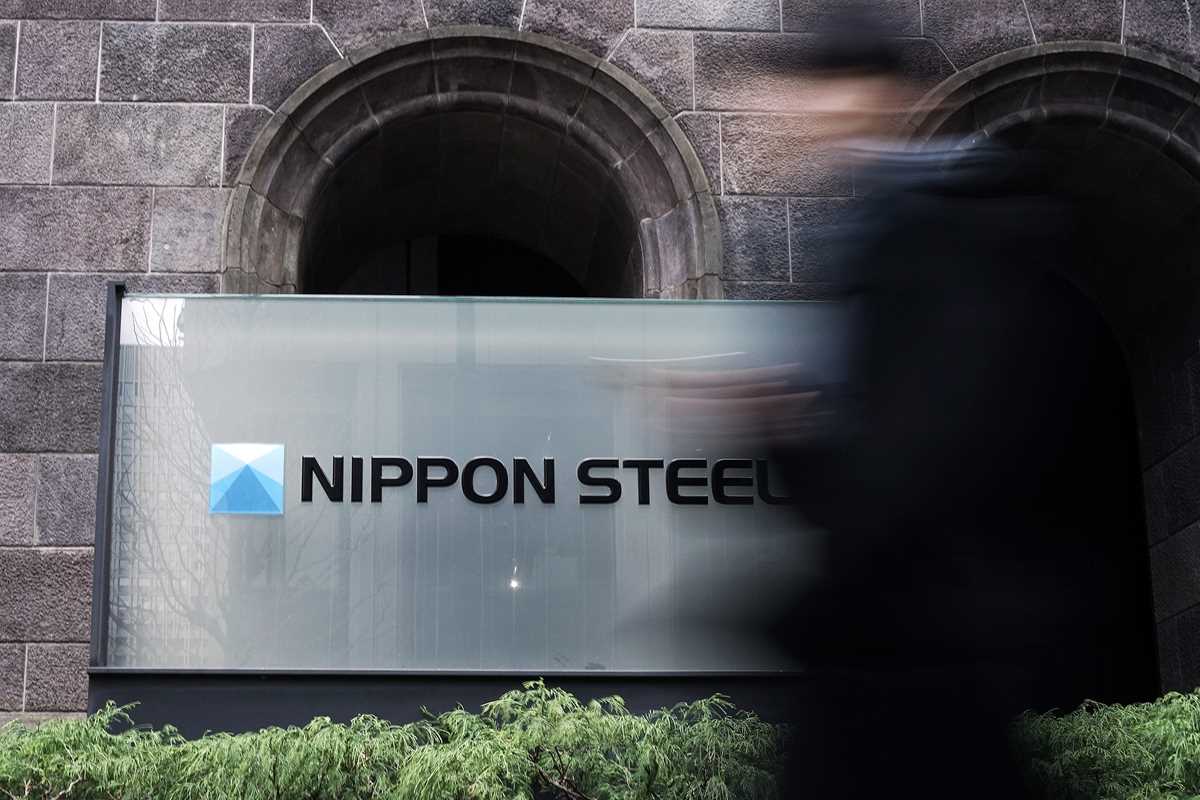UniCredit's Bold 9% Stake in Commerzbank: A New Banking Giant?
UniCredit surprises with a 9% acquisition in Commerzbank, stirring market reactions and speculation of a European banking consolidation.
Published September 13, 2024 - 00:09am

Image recovered from de.marketscreener.com
Frankfurt/Berlin/Mailand/Munich (Reuters) - The Italian giant bank UniCredit has taken the financial world by surprise with its aggressive acquisition of a 9% stake in the German second-largest publicly listed financial institution, Commerzbank. This unexpected move has reignited long-standing market rumors regarding potential banking sector consolidation in Europe, aiming to create banking giants capable of competing on a global scale.
Earlier this week, UniCredit, which operates in the German market through its HypoVereinsbank brand, announced the purchase of half of this stake directly from the German government, which has been systematically reducing its ownership in Commerzbank from 16.5% to 12%. The remaining shares were acquired through the financial markets. According to the German Finance Ministry, the sale of the shares fetched a considerable sum of around 702 million euros, purchased at a competitive rate of 13.20 euros per share.
Andrea Orcel, the Chief Executive Officer of UniCredit, approached the management of Commerzbank, proposing to discuss a merger, signaling the Italian banking group's interest in further acquisitions to consolidate their market presence. The announcement led Commerzbank's share price to leap by an astonishing 18%, a surge not witnessed in recent years, while UniCredit's shares appreciated by around 3% in Milan. Conversely, Deutsche Bank, a prominent competitor, saw a slight decline of 2%.
The unexpected development prompted an emergency board meeting within Commerzbank. However, the German bank's executives remained circumspect, stating that while they recognized the situation, they would continue to act in the best interests of all stakeholders, including shareholders, employees, and clients.
The news reflects on the overarching necessity for consolidation within the European banking sector to better enable institutions to compete internationally. The effort aligns with financial experts' long-term calls for deepening the banking and capital markets within the EU, facilitating credit access for small and medium enterprises across the bloc.
This strategic acquisition marks a significant juncture in UniCredit's history, further strengthened by the endorsement of Fondazione Cariverona, a major Italian shareholder with a 1.09% stake. Cariverona's chairman, Bruno Giordano, reflected positively on UniCredit's acquisition of Commerzbank, viewing it as a strategic enhancement of market competitiveness.
Despite the positive economic reflections from various financial scholars and regulatory experts, the move has also sparked concerns among German labor representatives. Fears of widespread job losses and corporate decision-making shifting to Italy have been raised. The labor union Verdi has preemptively voiced its opposition, cautioning against potential negative outcomes for the workforce.
Noteworthy is that UniCredit's interest in Commerzbank is not new. Previous UniCredit CEO, Jean Pierre Mustier, had explored acquisition avenues but faced political resistance. Current CEO Andrea Orcel renewed these conversations early in 2022, navigating regulatory landscapes and market conditions.
The German government, which initially backed Commerzbank during the 2008 financial crisis through substantial capital injections, is now orchestrating a careful exit. Eva Grunwald, the head of the Federal Financial Agency, emphasized the successful completion of the first partial sale and remarked on the increased stabilization and autonomy of Commerzbank.
As regulatory approvals and market strategies unfold, the financial world remains vigilant. This pivotal chapter of UniCredit and Commerzbank could potentially reshape the European banking landscape, with broader implications for market structures and competitive dynamics within the region.








